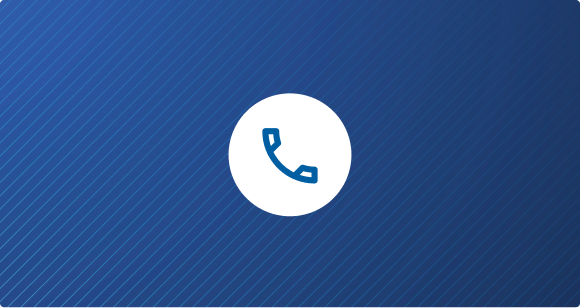Toolkits, evidence-based approaches, media campaign materials and other helpful information for use in prevention efforts to combat the opioid crisis.
Community education and resources
National Prevention Week
National Prevention Week, observed annually in May, is dedicated to raising awareness about the importance of substance use prevention and positive mental health.
It Only Takes A Little to Lose A Lot - Rx Awareness Campaign
The Rx Awareness campaign tells the real stories of people whose lives were torn apart by prescription opioids.
Operation Prevention
Operation Prevention's mission is to educate students about the true impacts of opioids and kick-start lifesaving conversations in the home and classroom.
Opioids Epidemic Practical Toolkit: Helping Faith and Community Leaders Bring Hope and Healing to Our Communities
This toolkit contains practical steps your organization can take to bring hope and healing to the millions suffering the consequences of opioid abuse disorder.
Reports and data
How Can Prescription Drug Misuse Be Prevented?
Physicians, their patients, and pharmacists all can play a role in identifying and preventing nonmedical use of prescription drugs.
Informational Materials and Resources to Prevent Addiction Related to Youth Sports Injuries
This report highlights information that can be used to help educate individuals about the opioids and prevent the development of opioid use disorder.
Prescription Drug Monitoring Programs (PDMPs)
Prescription Drug Monitoring Programs (PDMPs) are state-run electronic databases used to track the prescribing and dispensing of controlled prescription drugs to patients.
Need help?

SAMHSA National Helpline
Get treatment referral and information about mental health and drug or alcohol use disorders, prevention, and recovery.

FindTreatment.gov
Millions of Americans have mental and substance use disorders. Find a comprehensive list of certified treatment programs across the United States.
